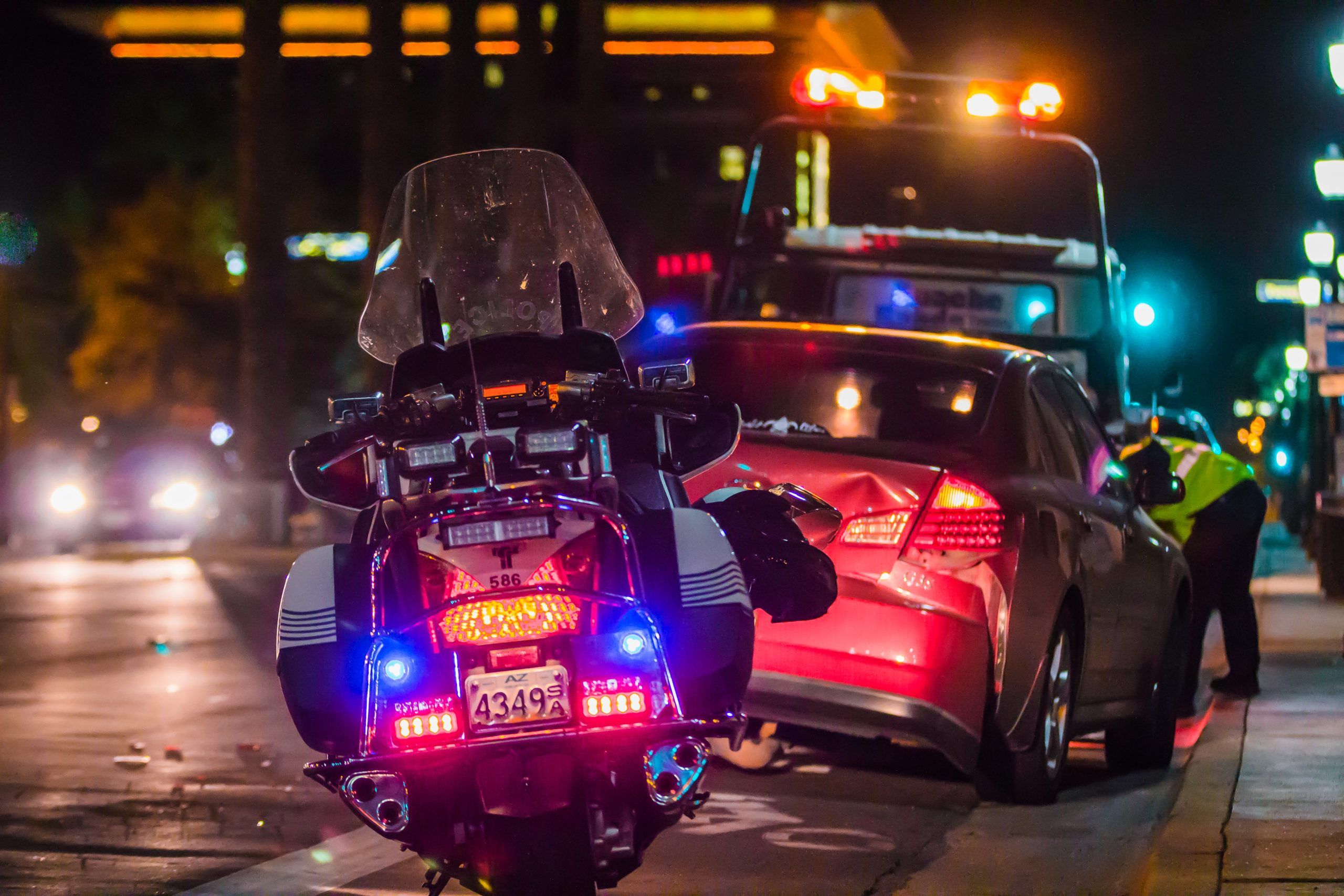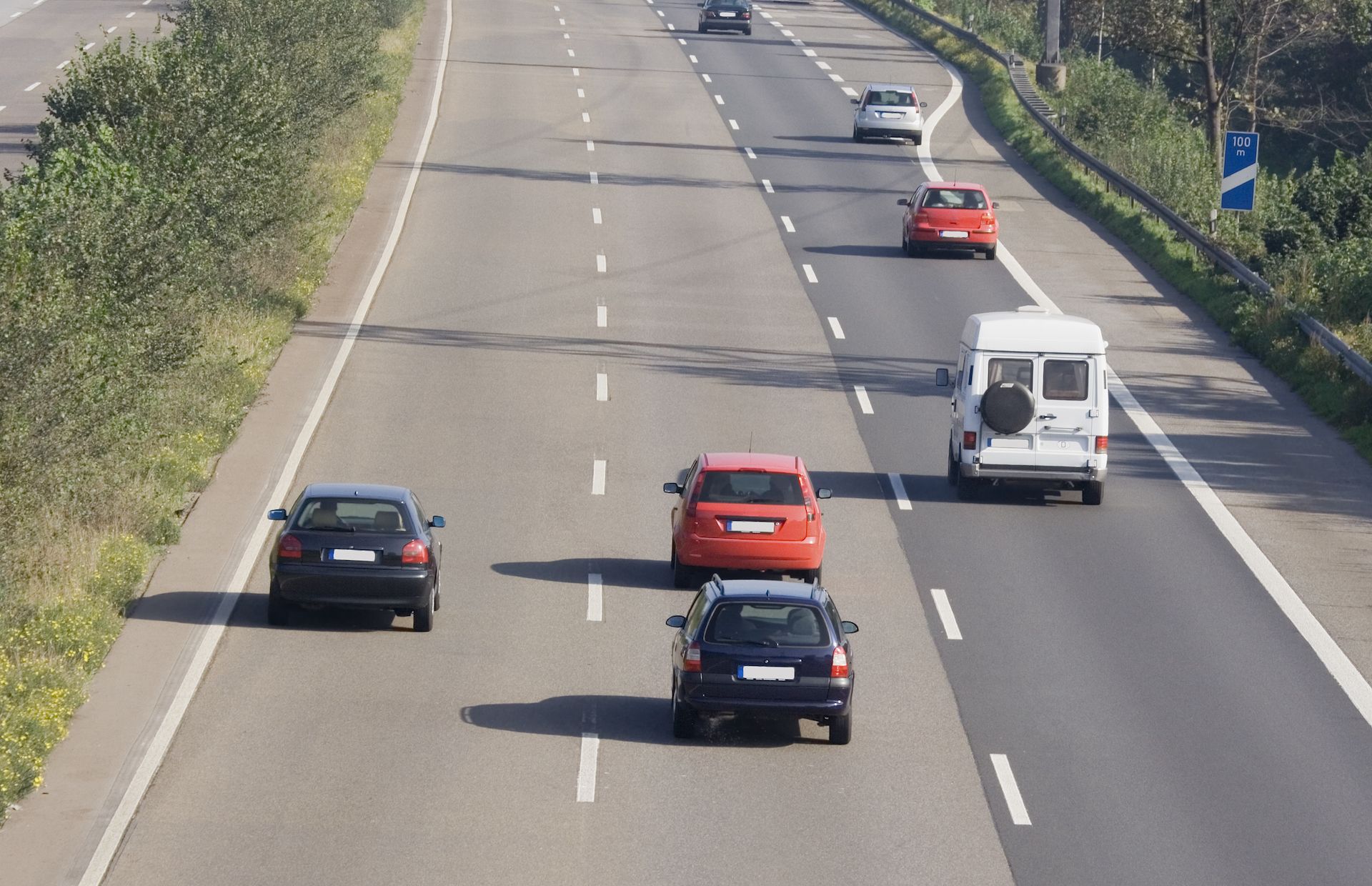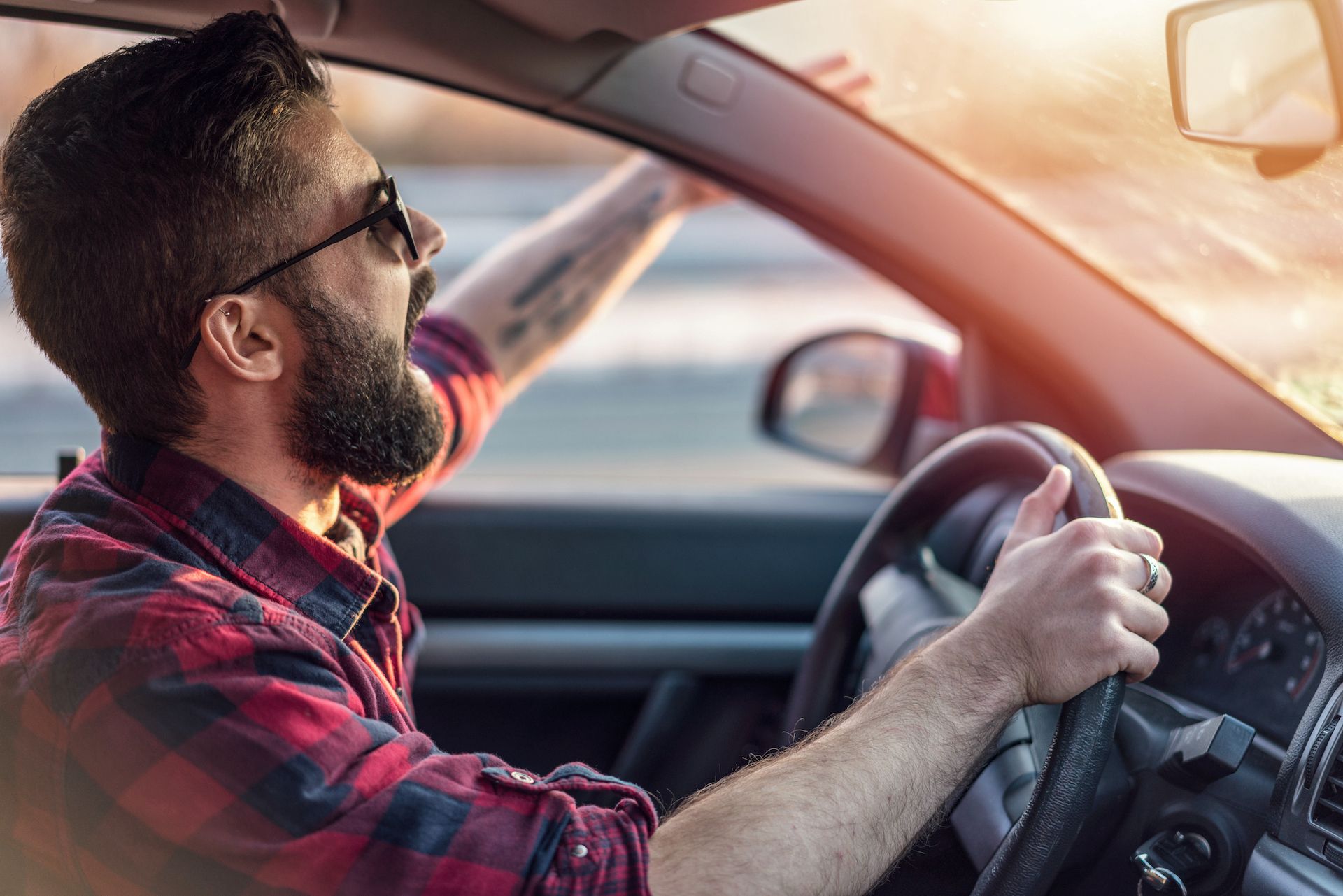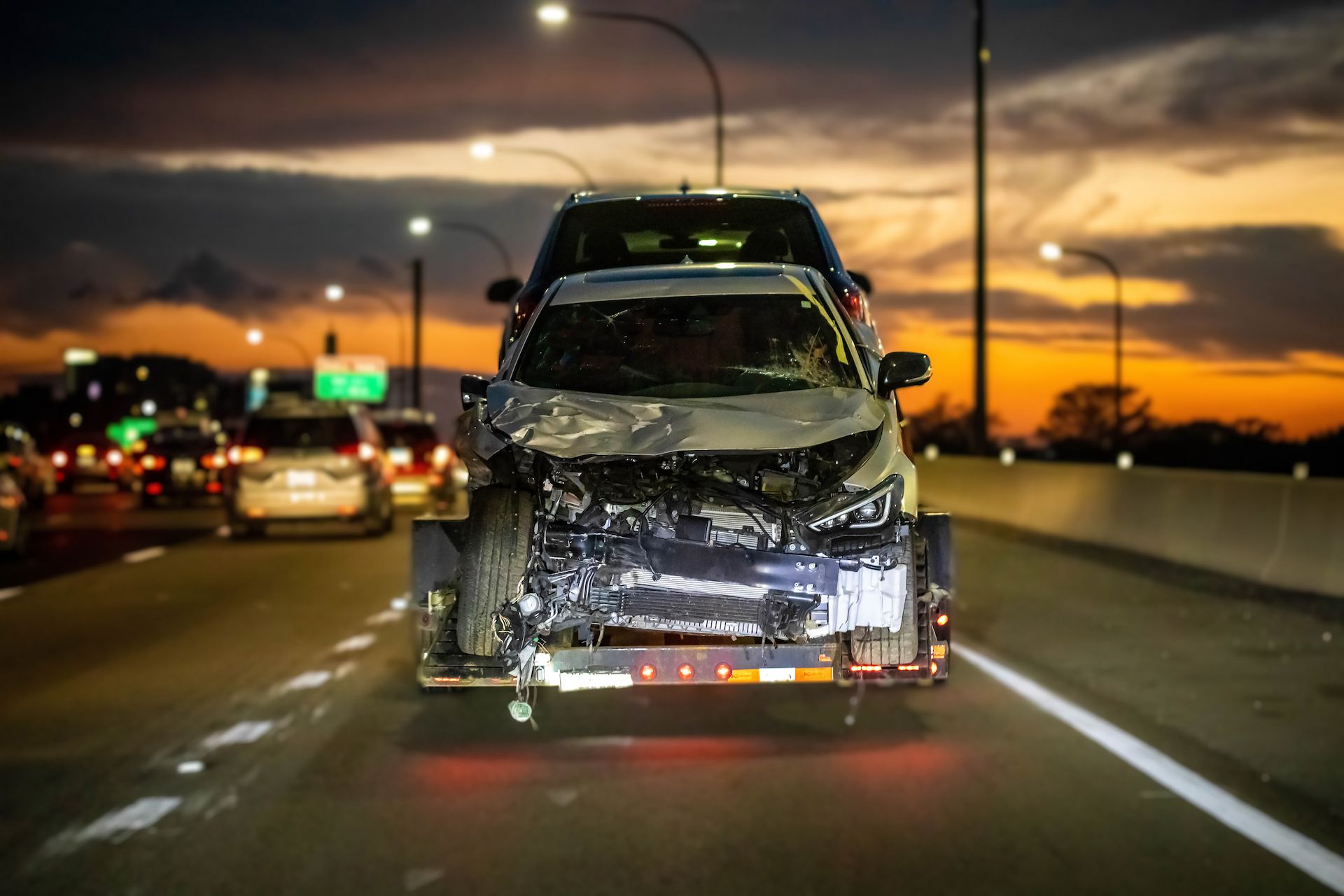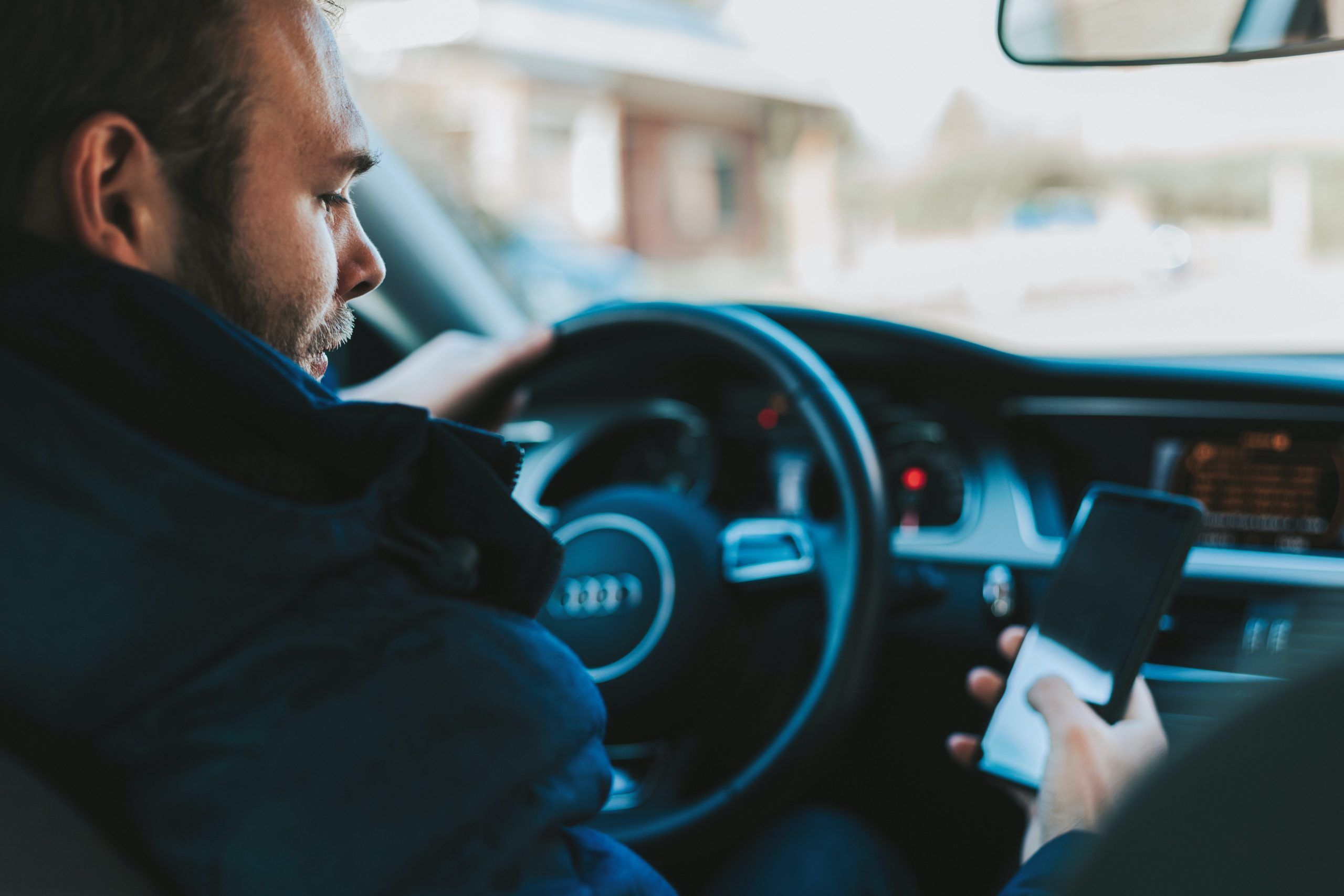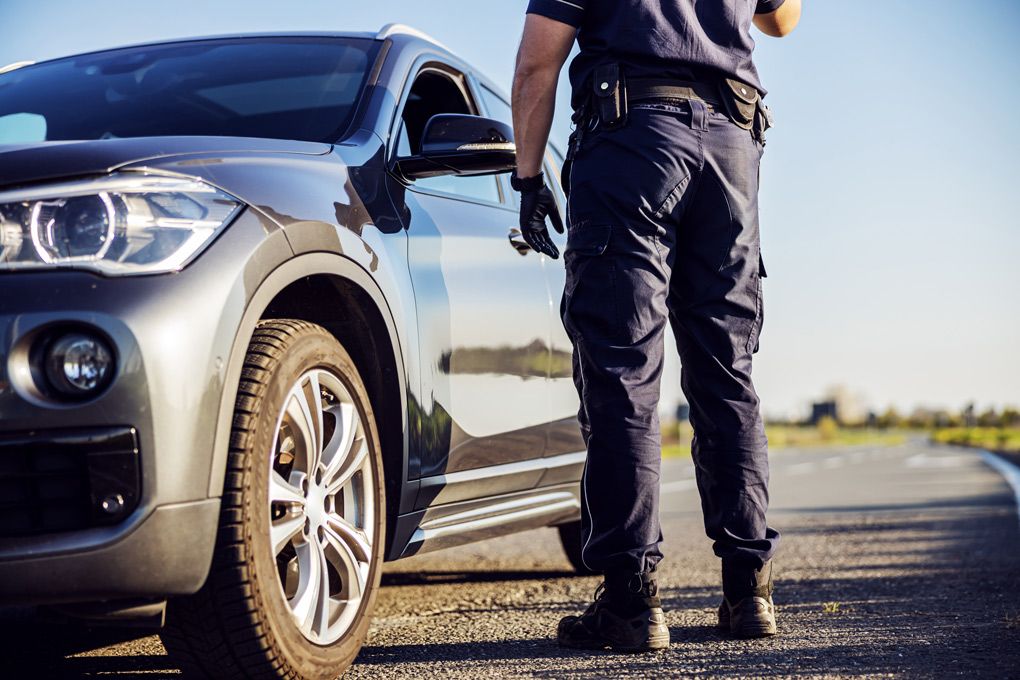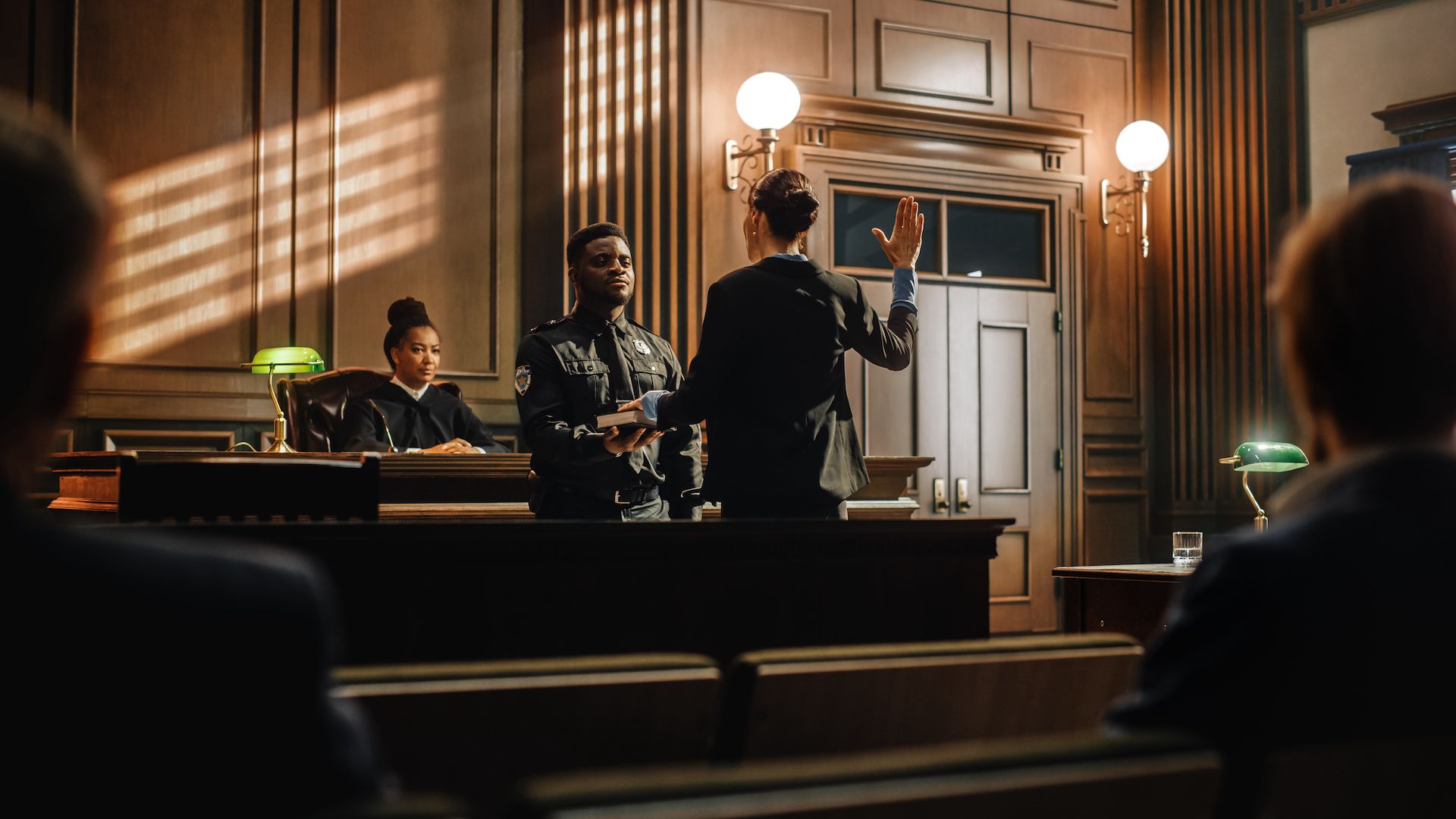Reckless Driving
Reckless driving is a serious offense in Virginia as it is punishable as a Class 1 misdemeanor under Virginia Code 46.2-868.
If you find yourself holding a ticket for reckless driving, contact Driving Defense Law as you could be facing a criminal record. We are a local law firm of experienced attorneys who care about you and your future. Do not allow a reckless driving charge to negatively impact your future!
Reckless driving is a serious offense in Virginia that can lead to a criminal conviction, which can be punished by up to 12 months in jail and a $2,500 fine.
In Virginia, reckless driving is defined under Section 46.2-852 of the Code of Virginia. The statute broadly defines reckless driving as operating a motor vehicle with a willful or wanton disregard for the safety of others or their property.
Reckless driving is considered a Class 1 misdemeanor in Virginia. A conviction for reckless driving can result in the following legal consequences:
- Criminal Record: Reckless driving convictions in Virginia are recorded as misdemeanor offenses on an individual’s criminal record. This can have lasting negative implications on one’s personal and professional life, potentially affecting employment opportunities, educational pursuits, and military security clearance.
- Penalties and Fines: Those found guilty of reckless driving may be punished with fines up to $2,500. Additionally, the court may impose other costs, surcharges, or fees.
- Driver’s License Suspension: The court has the authority to suspend an individual’s driver’s license for a period of time as a consequence of reckless driving. The length of the suspension is determined by the severity of the offense and the driver’s previous driving record.
- Insurance Premium Increases: Reckless driving convictions can lead to significant increases in automobile insurance premiums. Insurance providers may consider reckless driving as a high-risk behavior, resulting in higher rates or even policy cancellation.
- Criminal Penalties: Reckless driving is a criminal offense, and in some cases, a conviction may jail time. Reckless driving can be punished by up to 12 months in jail.
Given the potentially severe legal consequences associated with reckless driving in Virginia, it is crucial for individuals facing charges to seek legal representation. Here are some key reasons highlighting the importance of legal representation in reckless driving cases:
- Knowledge of Virginia Traffic Laws: Reckless driving cases involve complex legal statutes, regulations, and case precedents specific to Virginia. A skilled attorney specializing in traffic law will possess in-depth knowledge of the relevant statutes, court decisions, and legal strategies that can be utilized to build a strong defense. An experienced attorney knows how to navigate the courtroom and advocate your best possible defense.
- Assessment of the Case: A qualified attorney can analyze the facts and evidence of the case to determine the strengths and weaknesses. An experienced Virginia traffic lawyer can identify potential defenses, challenge evidence, and consider mitigating factors that could lead to a reduced charge or penalty.
- Negotiation Skills: An experienced attorney can often negotiate for lesser charges or reduced penalties, depending on the circumstances. They can present persuasive arguments and utilzie their knowledge of the local courtroom to secure the best possible outcome for their client.
- Courtroom Experience: Reckless driving cases often proceed to a contested trial. In such situations, having a skilled attorney with courtroom experience is essential. Your attorney can effectively present the case, cross-examine witnesses, and challenge the prosecution’s evidence, increasing the chances of a favorable outcome.
- Mitigation of Penalties: In cases where a conviction is likely, legal representation can be crucial in mitigating the potential penalties. An attorney can present mitigating factors such as a clean driving record, community involvement, or completion of driver improvement programs, which may lead to reduced fines, a shorter license suspension period, or alternative sentencing options.
Reckless driving in Virginia is a serious offense that can have significant legal implications. Strong legal representation is crucial. If you are accused of reckless driving, we strongly suggest that you consult with an experienced attorney who is familiar with local courts in Virginia to ensure your legal rights are adequately protected.
CALL OR TEXT NOW
757-929-0335
Book a FREE Case Evaluation Now!
Virginie Code 18.2-11 Punishment for Conviction of Misdemeanor
Class 1 misdemeanor – confinement in jail for up to a year and a fine of up to $2,500. (either or both)
There are 16 different categories of reckless driving as detailed by the Virginia Department of Motor Vehicles. Including:
- Speeding more than 85 mph
- Speeding 20 mph or more over the limit
- Driving too fast for conditions
- Racing
- Passing or overtaking an ambulance or fire truck
- Passing a stopped school bus
- Passing on the crest of a hill
- Passing at a railroad crossing
- Passing two vehicles abreast
- Driving two vehicles abreast
- Failure to signal
- Driving with faulty brakes or improper control
- Reckless driving on parking lots
- Reckless driving with an obstructed view
What is considered reckless driving under the Virginia Code?
- Exceeding the speed limit 46.2-862
- Driving too fast for road or traffic conditions 46.2-861
- Failing to maintain proper control of the vehicle 46.2-853
- Racing 46.2-865; 46.2-866; 46.2-867
- Failing to yield the right of way 46.2-861.1; 46.2-863; 46.2-868.1
- Failing to give proper signals 46.2-860
- Driving with an obstructed view 46.2-855
- Passing a stopped school bus 46.2-859
- Passing on or at the crest of a grade or curve 46.2-854
A conviction of reckless driving carries with it 6 demerit points and up to 11 years of staying on your record. See the following:
- Speeding in excess of 85 mph (11 years)
- Speeding 20 mph or more above the posted speed limit (up to 11 years)
- Racing (11 years)
- Passing or overtaking an emergency vehicle (11 years)
- Passing a school bus (11 years)
- Passing on the crest of a hill (11 years)
- Passing at a railroad crossing (11 years)
- Passing two vehicles abreast (11 years)
- Driving too fast for conditions (11 years)
- Failing to give a proper signal (11 years)
- Faulty brakes/improper control (11 years)
- Reckless driving in parking lots (11 years)
- Reckless driving with an obstructed view (11 years)
Virginia Code and Other Information:
46.2-852 Reckless Driving; General Rule – § 46.2-852. Reckless driving; general rule (virginia.gov)
“Irrespective of the maximum speeds permitted by law, any person who drives a vehicle on any highway recklessly or at a speed or in a manner so as to endanger the life, limb, or property of any person shall be guilty of reckless driving.”
46.2-868 Reckless Driving; Penalties – § 46.2-868. Reckless driving; penalties (virginia.gov)
- Every person convicted of reckless driving is guilty of a Class 1 misdemeanor.
- Every person convicted of reckless driving and was driving without a valid license or as a result of reckless driving caused the death of another is guilty of a Class 6 felony
- Punishment includes a mandatory minimum fine of $250
18.2-11 Punishment for Conviction of Misdemeanor – § 18.2-11. Punishment for conviction of misdemeanor (virginia.gov)
Class 1 misdemeanor – confinement in jail for up to a year and fine of up to $2,500. (either or both)
Exceeding the Speed Limit
A person is guilty of reckless driving who drives a motor vehicle on the highways in at a speed of 20 miles per hour or more in the excess of the applicable maximum speed OR in excess of 85 miles per hour regardless of the applicable maximum speed limit.
Failure to Maintain Control
After a car accident a police officer might hand you a citation that charges you with failure to maintain control (reckless driving). Failure to maintain control is charged as a Class 1 misdemeanor.
